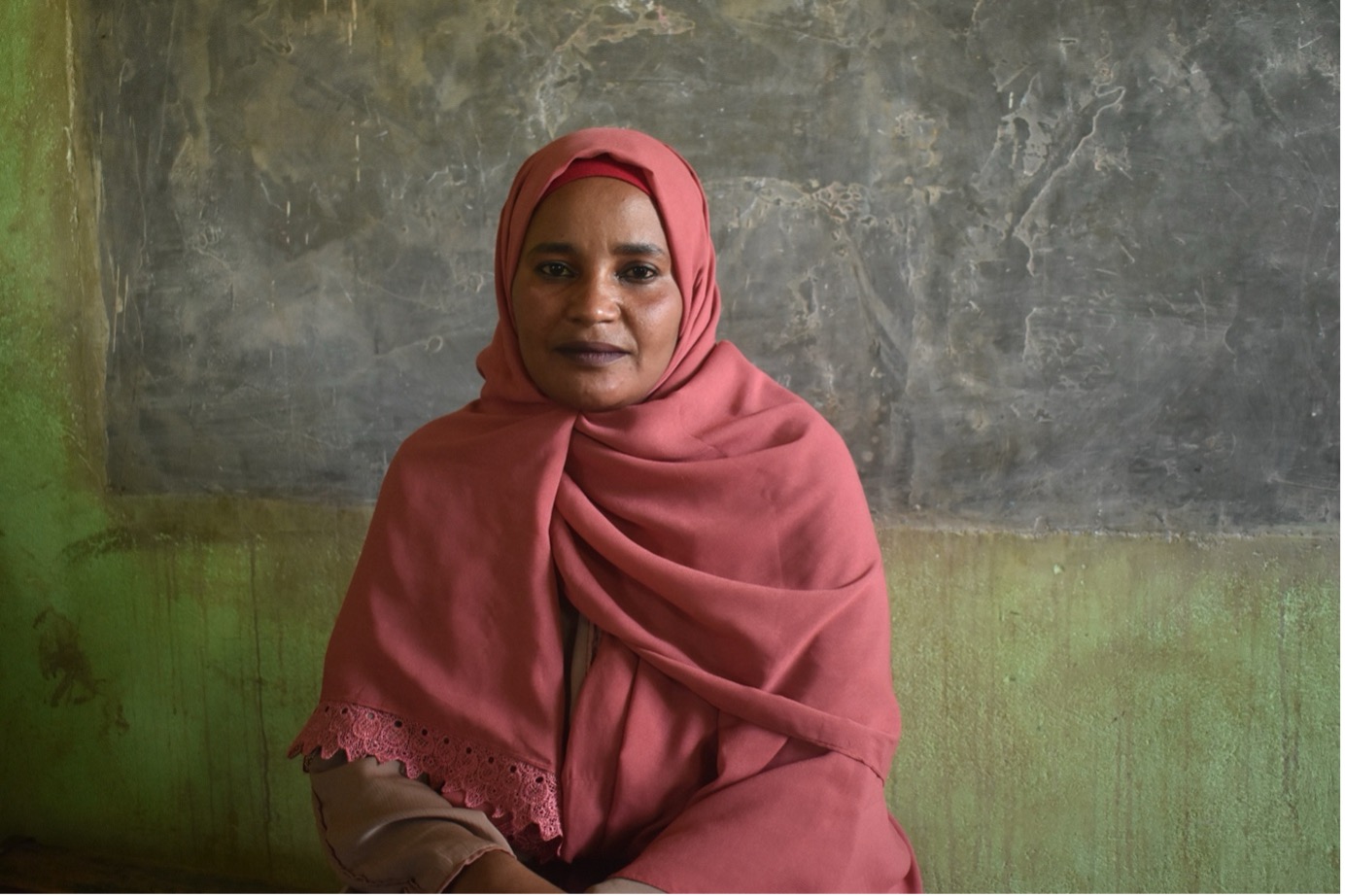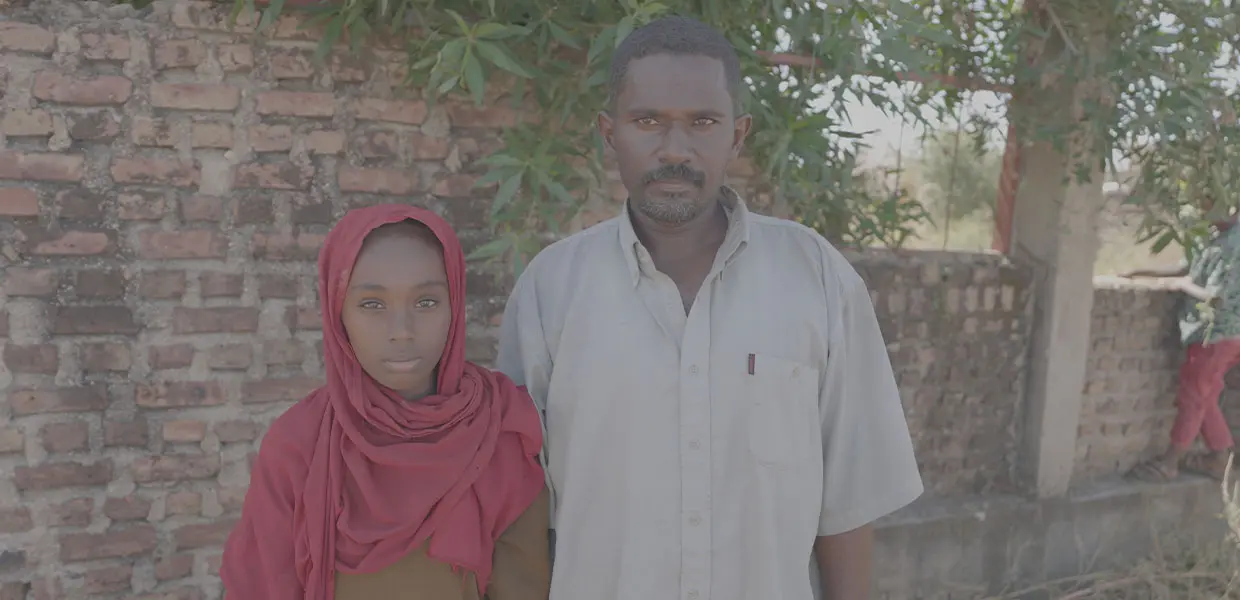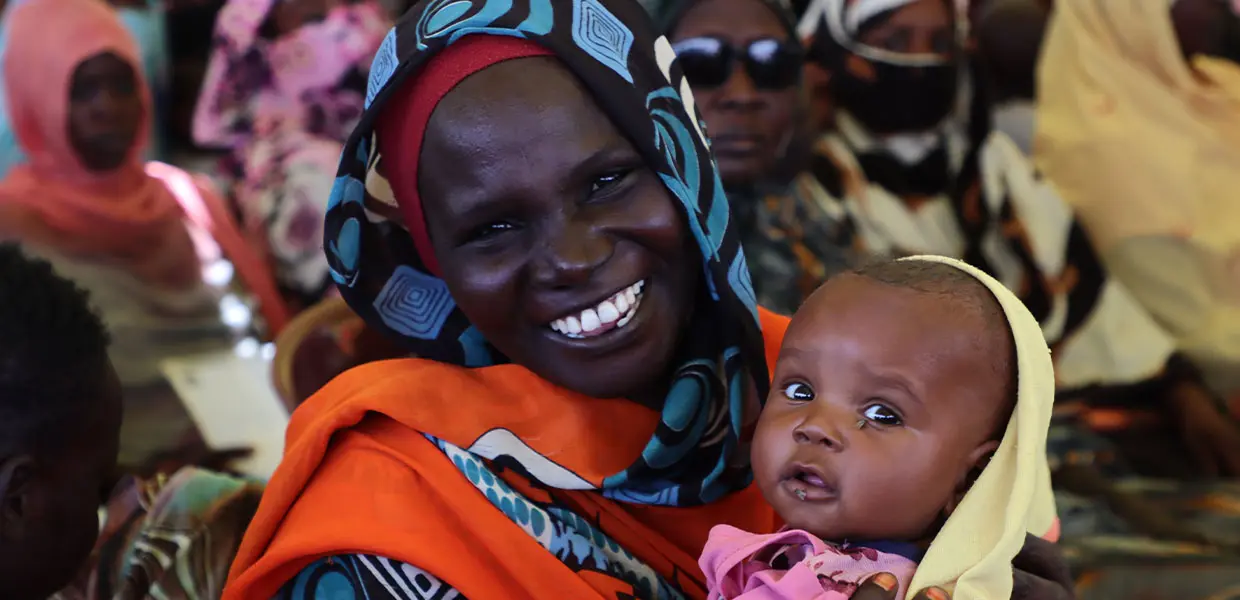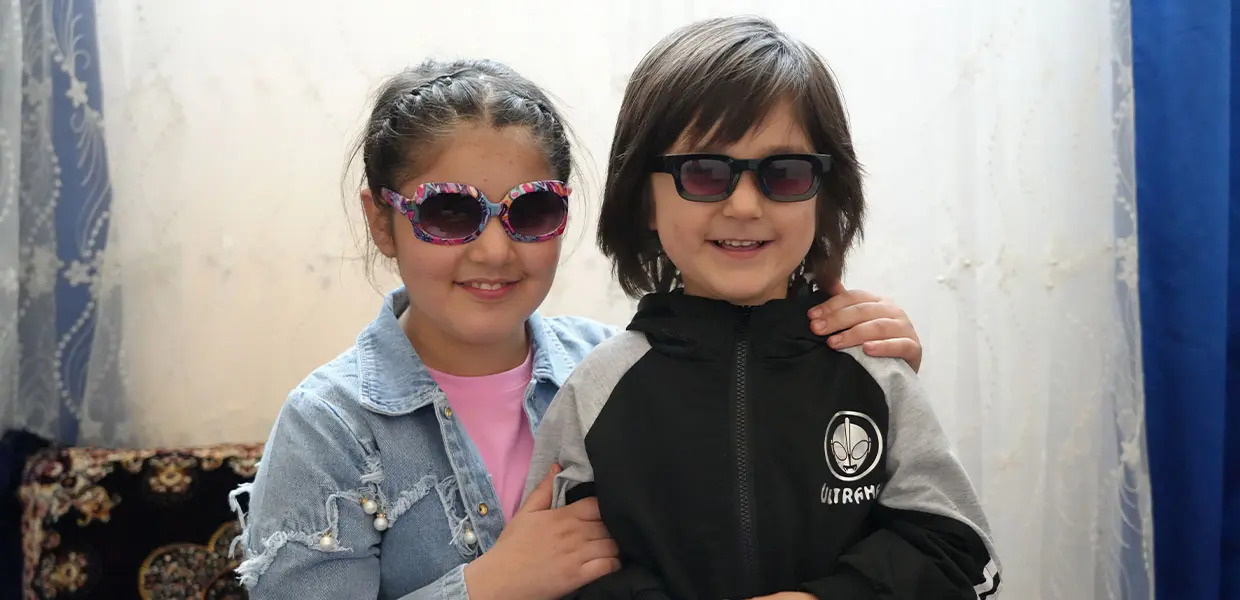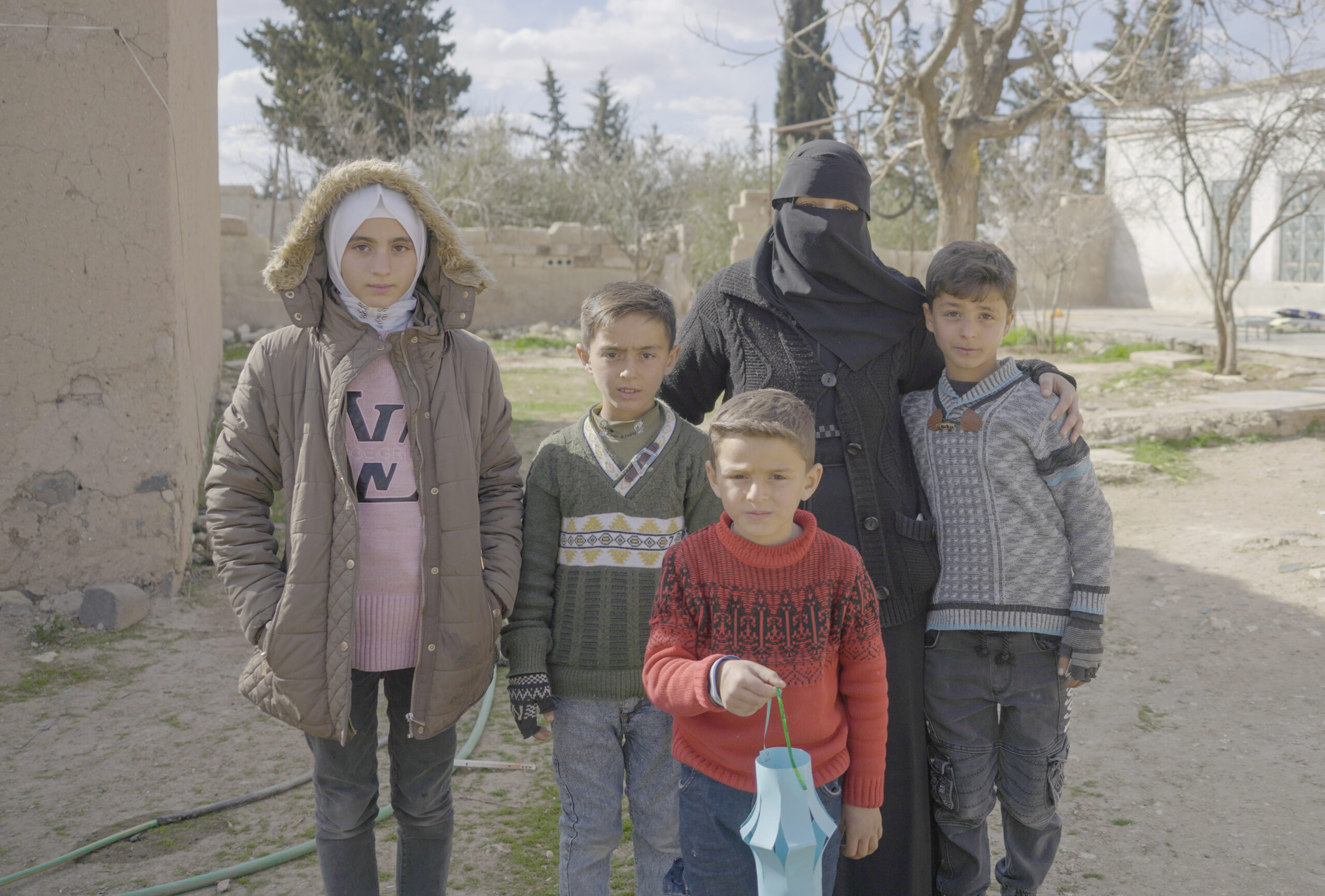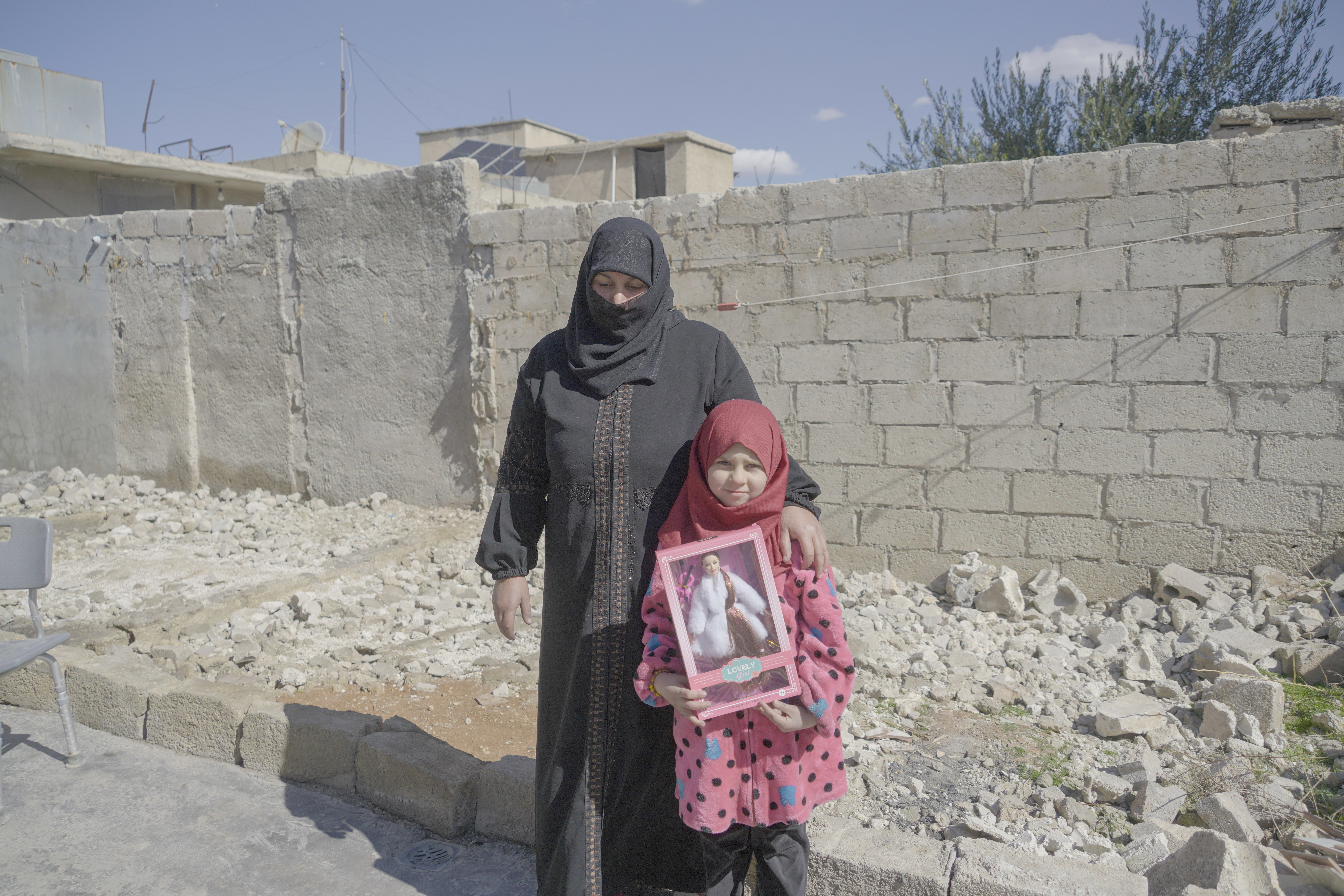
04.10.25
Syrian Refugees: Umm Mahmoud’s Determination
Umm Mahmoud is a Syrian Refugee, originally from Aleppo city. Like many Syrian refugees, Umm Mahmoud struggles to provide for her family. She is displaced, disabled, a widowed mother of 6, and depends on humanitarian aid to survive. This is how Islamic Relief helped her during Ramadan and beyond.
I am Umm Mahmoud. Years ago, I lived in Aleppo city with my husband and 6 children. My husband worked as a bread seller, delivering it to people every morning. Our life was simple but stable—until the war changed everything.
As the shelling on Aleppo intensified, our home was destroyed when barrel bombs struck the building we lived in. We moved between different neighbourhoods in search of safety, but the bombardment followed us everywhere. We had no choice but to leave the city, taking only our clothes and a few essential belongings.
On our way out, we were stopped at a military checkpoint. They asked for our identification documents and then took my husband, claiming there was a name similarity. I refused to leave and insisted on staying, so they beat me—even my injured son was not spared. They told me my husband would be released in a few days, but he never returned. I searched for him in every security branch, asked about him everywhere, but no one had any answers.
We had nowhere to go. I was forced to live in a place that had once been used for livestock. Life was extremely difficult without my husband, with my son injured, and myself having lost my hearing due to the bombing.
I did my best to turn that place into a home, partitioning it into rooms, a kitchen, and a bathroom, but the struggle continued—especially in winter, when water leaked through the ceiling. The kitchen roof was just wooden boards that offered no protection from the summer heat or the winter cold. Many nights, I stayed awake placing pots under the leaks, trying to stop the water from flooding our space, but it was useless.
Beyond poverty and the harsh weather, I had another battle—deafness. I would see my children’s lips move, but I couldn’t understand what they were saying. I cried because I couldn’t hear their voices or know if they were calling for me. My youngest daughter was only three months old, and I couldn’t hear her cry.
When my father passed away, his name was announced in the mosque, but I heard nothing. Everyone knew about his death except me—I only found out when my brother came to tell me. I was the last to know, and the pain was unbearable.
Ramadan was especially difficult. I couldn’t afford to provide food for my children or buy them new clothes for Eid. They longed for Eid outfits or even a special meal, but I couldn’t give them that. I searched for work in hospitals as a cleaner and in households, but no matter how hard I worked, I could never cover even the most basic needs.
When the Islamic Relief team visited us, I was overwhelmed with joy when they told me they would sponsor my children and provide financial support. Finally, I could afford to buy food, clothes, and household necessities, and ensure my children could continue their education.
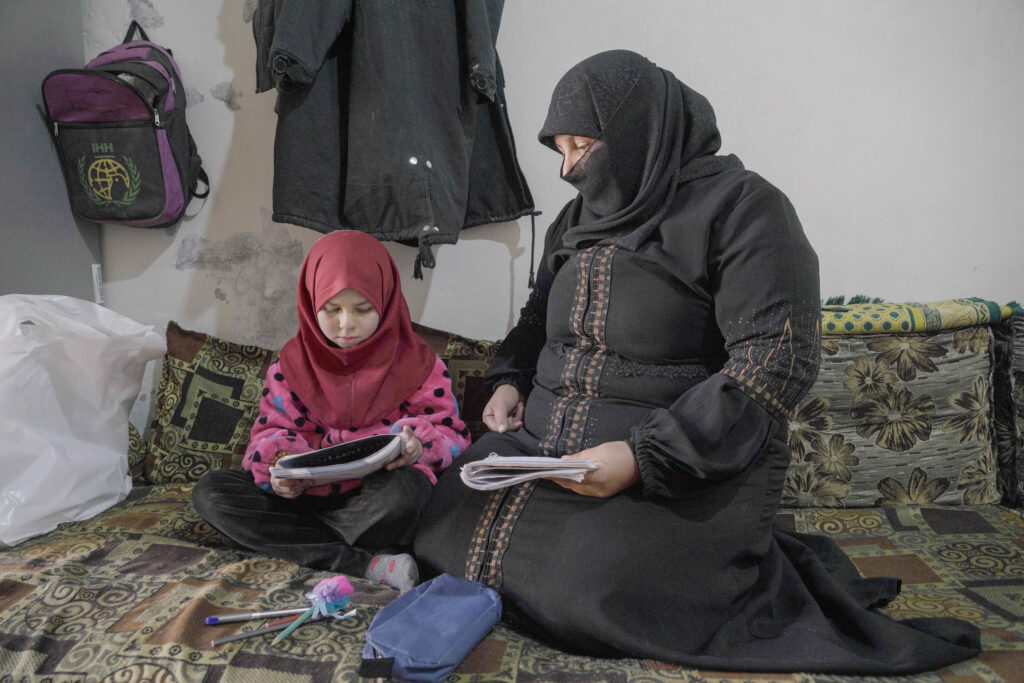
When the team saw my medical condition, they provided me with a hearing aid. For the first time in years, I could hear my children clearly. I heard them call me “Mama,” and I cried with happiness. I no longer needed to read their lips or rely on gestures. Now, I can talk with them, listen to the news, watch videos on my phone, and communicate with my family and siblings.
Despite everything I’ve been through, I have never lost hope. I remain strong, working tirelessly for my children, and I am grateful to God for everything. My husband may never return, but I will stay strong for my children and do everything I can to give them a better life.
Give Families Hope and Relief
Keep the blessings of Ramadan going. Give families in need the opportunity to enjoy nutritious food, rebuild their livelihoods and more.

